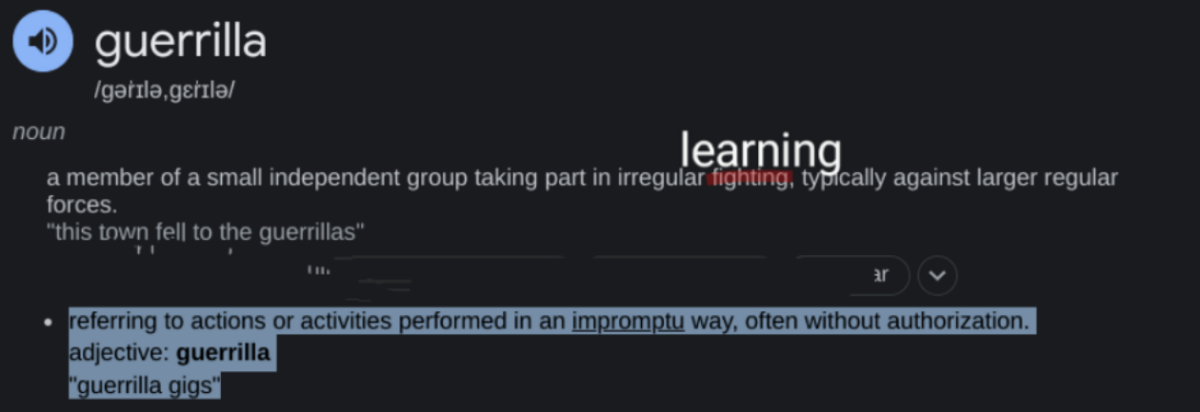Posthumanism: changing times and self-understanding
Place
The learning will be conducted through face-to-face meetings and this hub of communication.
Context
The human being understands itself as an individual agent and perhaps unique amongst things in that it originates action and is a source of value.
This modern self-understanding supports and maintains our theories of justice and rightness (who is to blame?), labour (who produced what?), property (who owns what?), intellectual property (essay writing, artistic creation), talent (who deserves what?), family (genetic choices for offspring), politics (who rules me?) and sports (who deserves to win?).
However, this certainty in one’s own place is weakening with the emergence of new technologies and new understandings. Human modifying technology (HMT) impacts (our) “self-understanding” against contexts of technology and changing interests. The main enhancements leading to transformation are genetic, morphological, pharmacological, robotic, intellectual and social and the main effects will be on:
- Longevity and health (using cloned cells for organ donation, uploading consciousness)
- Equality, work and rights (development of slave workers, overcoming sleep and rest)
- the rise of other agents and rights bearers (robots, AIs, animals, upscaled animals);
- Technology as a way to enhance one’s talents (AI writing, smart drugs for intellectual performance, distributed cognition, memory and cognitive capacity)
- Eugenics and genetic engineering (parent choice, family groupings)
- Non-physical networks of communication (social media, virtual worlds)
You are living through these changes and unless we understand them, we will be chosen for rather than choosing. The proposed mini-learning module will attempt to engage ethically and epistemologically with these changes in an initial way.
We shall “learn this out” against problems, institutions or contexts you will choose: aesthetic/cultural, education, sexualities, family and relationships. Notice the practices involved here: performance sports, educational achievement, parental choice, work, entertainment and so on. These are what we shall concentrate on (your choice).
Leaming approach
The topics discussed will be directed by the interests of students to which the lecturer will respond and attempt to facilitate. It will use context-based learning approaches.

It will take place over a five-day period, whereby three days will involve face-to-face interactions and two days will be independent work (although the course leader will be available, and a physical space will be assigned). The times will be flexible to accommodate student commitments and materials will be made available via the communication hub.
| Phase/Time | Activity | Outcome |
| Pre-course | Students “enroll” A communication network is set up via the blog and a pre-understanding of the approach and possible topics will be discussed. Explain how it is going to work. what is expected and why they should do it. Start enlisting students and perhaps forming groups. | Start to build resources and share on: https://blogs.ncl.ac.uk/davidrose/the-idea-factory/ |
| Day 1 | Part 1: Introduction to learning style and introductions of members of the collective, Part 2: introduction to the basic themes of posthumanism | |
| Day 2 | Part 3: decision-making concerning topics of research, Independent research, working on identifying philosophical concepts and investigating topics. | Add theoretical content to “encyclopedia” to facilitate intellectual engagement https://blogs.ncl.ac.uk/davidrose/encyclopaedia-of-concepts/ |
| Day 3 | Part 4: basic philosophical argument, use of rhetoric and conceptual analysis, presentation of relevant concepts. Share work with groups. | |
| Day 4 | Part 5: production techniques and styles, presentation skills. | |
| Day 5 | Independent research and knowledge production. Planning ahead and setting completion goals and date. | |
| Post-course | Submission of blog pages to David Rose to present on the blog and as a special page. | Group blog pages (outcomes) |
Outcomes
The course will be non-assessed, but student groups will be encouraged and required to produce a blog page of what they have learned and what they have produced. This can be completed after the course has taken place and in collaboration with David Rose over a distance. It is up to students how their group presents their learning:
- A simple blog page
- A mixed media blog page,
- A youtube video,
- A presentation (Prezi video)
- A podcast
The outcome will remain a permanent record of engagement and can be used in job interviews, postgraduate application or just to share with friends and family. Some simple examples of individual works are available here: https://blogs.ncl.ac.uk/philosophy/
